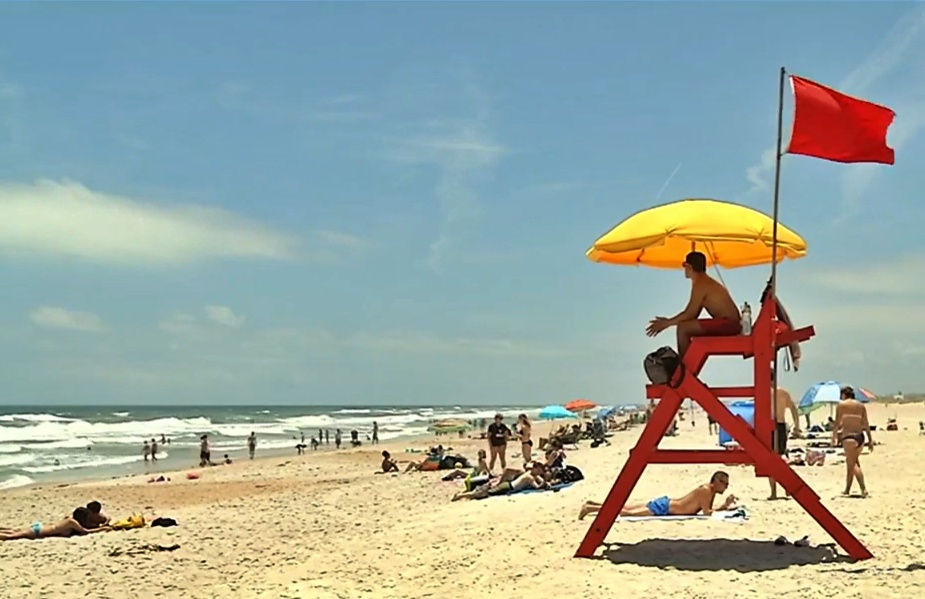Election changes Financial Landscape of City Utilities
- Mike Lednovich
- Feb 10
- 3 min read

What a difference an election makes.
A newly seated city commission did what the prior city commission didn't do -- they listened to their hired consultant and in-house Public Works/Utilities Director Andre Desilet and voted to raise wastewater/water capacity fees.
Commissioners Genece Minshew and Joyce Tuten, newly appointed, along with Mayor James Antun, who reversed his stance on the fee increase, approved the proposed fee with a 3-2 vote.
Vice Mayor Darron Ayscue and newly seated Commissioner Tim Poynter opposed the fee increase.
The capacity fee is a one-time charge to new residential and commercial buildings for connections to the water and sewer system. The fees are used to reimburse the Utility Department for the capital costs necessary to provide increased capacity to serve these new customers.
The previous commission reduced the capacity fee last year, overlooking a possible $1 million in extra annual revenue.
Following a spirited one-hour debate at its Feb. 4 meeting, the commission voted in favor of raising the fee from $2,480 to $7,480 per new residential connection to the system.
The higher capacity fees will contribute to the city Utility Department paying off $2.1 million in debt that was used to maintain and expand the capacity of the water and sewer system. The higher fee will also contribute to replacement of the city's lift stations which are 40 years old and cost $300,000 each to replace.
"It's more equitable distribution of the cost. Operation of a utility is essentially a fixed cost. If new users aren't paying for it, then the existing ratepayers are.... So, when we can do an analysis like this, it establishes an apportionable value of that commodity that these new users are taking advantage of. Then it lessens the burden on those existing taxpayers," Desilet told commissioners.
Katherine Van Zant, an engineer with the Florida Rural Water Association, made the same presentation she had the year before with the prior commissioner. She told commissioners the capacity fees enable new development to pay its own way and minimizes the need for a utility to go into debt to pay for development. She said it also helps maintain earnings and cash reserves to meet capital needs.
"The replacement value (of aged equipment) $13 million. I get it, they're going to hurt a lot of people, and they will be passed on to consumers whether it's the person buying the house or the person in the restaurant. I don't see how we don't collect these fees and plan for the future replacement of our equipment," Tuten said.
Prior to voting no, Poynter said the higher fees would severely punish commercial developers who simply want to tie into an existing water and wastewater system.
Poynter, who owns numerous businesses in the historic downtown, used his under-construction event facility on 2nd Street as an example.
"I'm trying to finish a project. I've paid (the city) $16,000 or $17,000 to tap in (the city line) for that pavilion. But it would $36,000 for the same thing (with the new fees)," Poynter said. "The city has not had to put in a new pipe for me because there's an existing house there. I'm using the same pipe. Nothing has changed. To me, that's (the higher fee) punitive to the next person coming in."
It was the first reading of the proposed changes, and the city commission will take a final vote on raising the fees at the second reading at a later date.




Comments